It was an eye-opener for many when K-pop singer Sunmi appeared on a TV show in December 2020 and revealed that she had been diagnosed with Borderline Personality Disorder.
The singer shed tears as she talked about her past. She described her debut as a singer and how she had to endure numerous hardships at an age when she had yet to fully develop her own personality and ego.
Not only Sunmi, but many boys and girls in their teens and twenties within the K-pop world are struggling with mental issues such as depression and panic disorder.
Here we will take at some cases of K-pop artists with mental health issues, the causes of it, and things that needs to be improved.
BEHIND THE GLAMOUR:
K-Pop Stars Struggling With Mental Health Issues

The etymology of the word idol is "image of a god', and in South Korea it is used to refer to popular K-pop singers.
This name, as glamorous as it may sound, is also something of a curse for the artists. Why? Because both public and media judge them after standards that only true deities could live up to.
Idols are expected to be innocent, never get angry, be sincere and hard working. Idols learn what is expected of them as trainees, and they go on to apply these standards to real life.
Only if you can live up to the standards will you qualify to become a “star” in South Korea. Conversely, even if you become a star, you will be criticized and lectured by public and media the moment you make a misstep.
Stars can be victims of several forms of harassment, including nasty comments on social media. Another issue is that mainstream media too sometimes offer a platform to this kind of abuse.
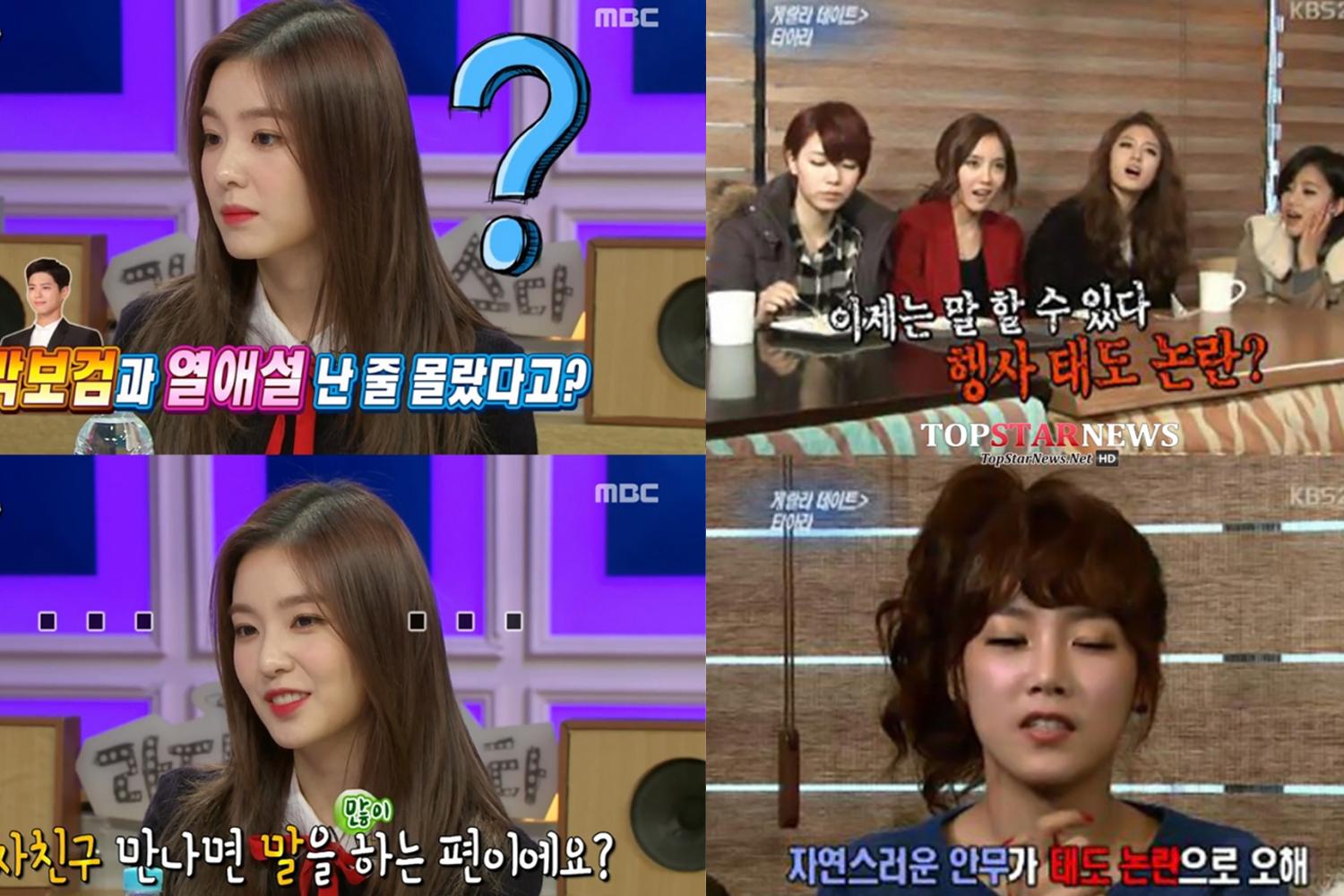 Irene and Soyeon from T-ara criticized for their behavior on TV shows
Irene and Soyeon from T-ara criticized for their behavior on TV shows
If an idol is seen leaning on one leg or making a sour face, media and public often latch on to it and spread the image while claiming that it is proof of the idols having an "attitude problem".
As a consequence, idols get used to not expressing their feelings, often leaving them with emotional anxiety.
The list of things required in order to become the perfect K-pop idol is long. Physical and mental strength are important, as are talent, looks, skills, charm and personality. You also need to be able to deliver when you go up on stage.
If you tick all these boxes, becoming an idol might just be your calling. But most of us are not that perfect, and idols too will suffer from pressure and stress from both themselves and people around them.
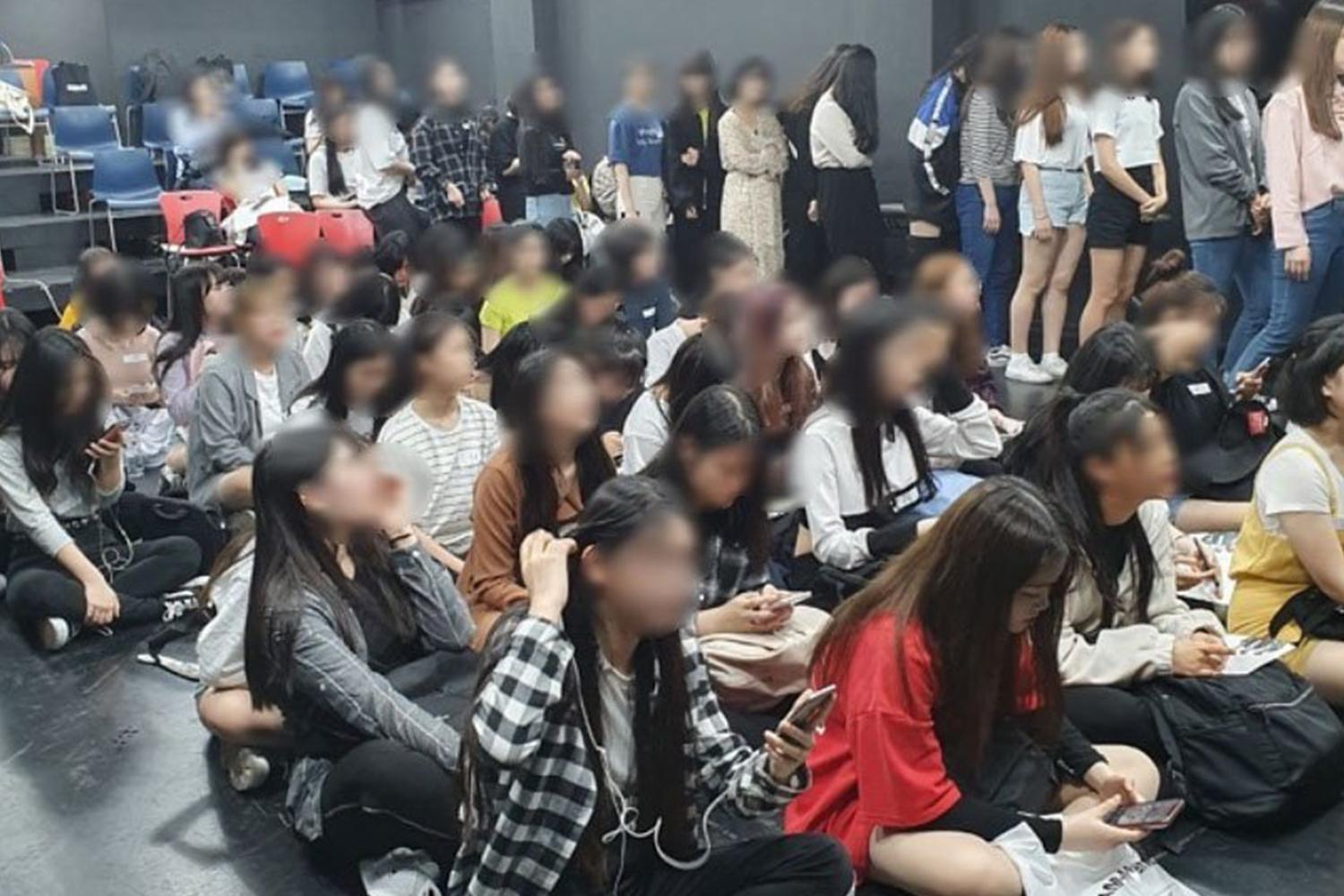
Because of this, many idols are said to live with constant anxiety. The reason they endure it is because of their dreams of success, and they comfort themselves that, "It's better now than when I was a trainee".
The media choose to only focus on the wealth and fame that stars have won. By depicting idols with big houses and expensive cars, we are shown only the glamorous side of their success.
However, they deliberately leave out the blood and sweat that the idols had to go through in order to gain that success.
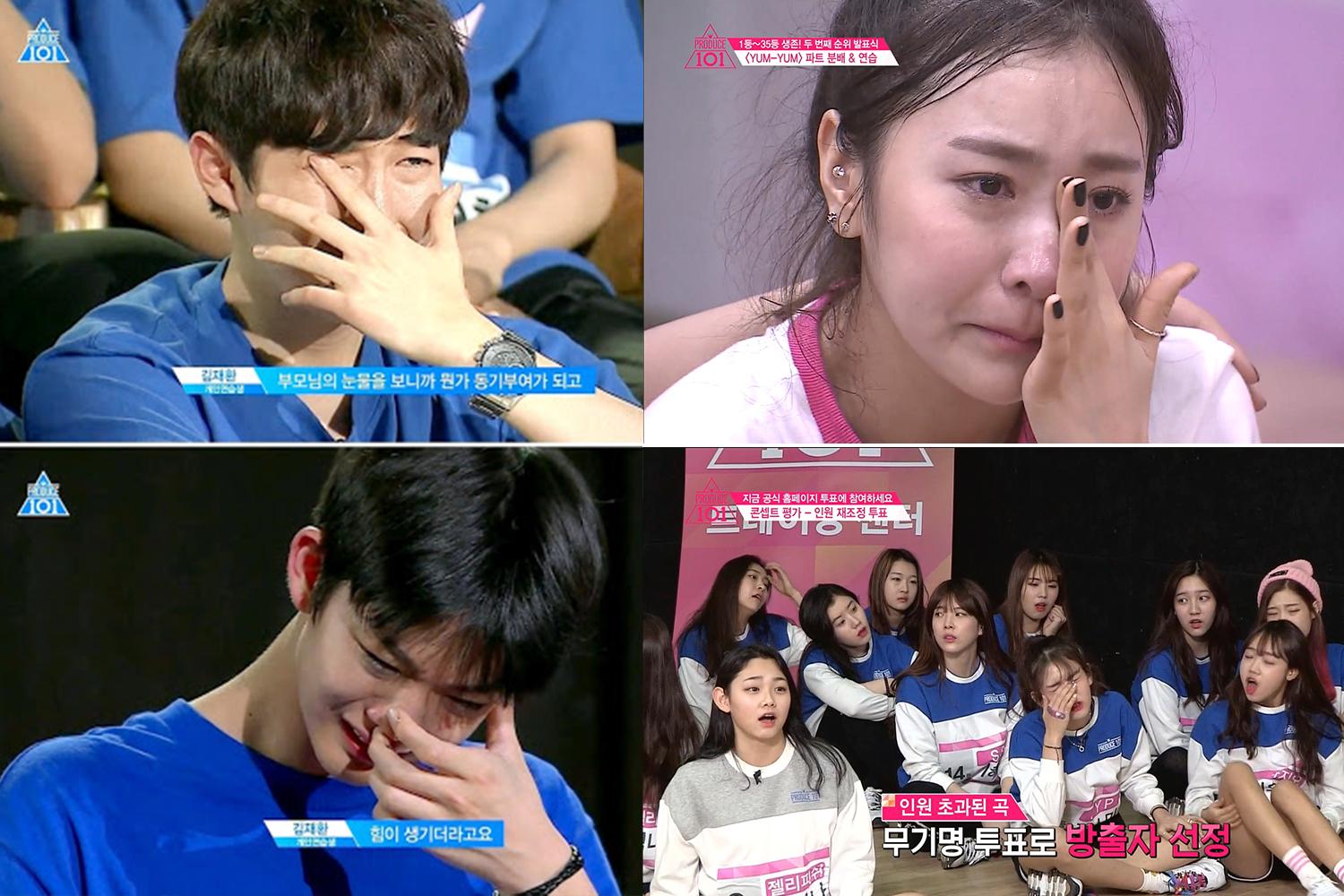
We can find examples of the pressure aspiring idols go through when we watch idol audition shows. On these shows, we are shown montages of trainees undergoing severe mental and physical training while preparing for the stage.
Their coaches are crude in both words and actions, rebuking trainees and saying that they haven't done enough to deserve to cry. As a consequence of this treatment, artists are often emotionally sensitive already as trainees.
In addition, the media does not tell us the boring reality of contracts or settlements. Instead, they choose to highlight success cases of idols who have overcome difficulties to stand above the rest.
Even if they finally get to make their debut after enduring years of training as trainees, the idols sensitive emotional state won't change much. Whenever they release something new, sales numbers and reception will cause a lot of stress to idols.
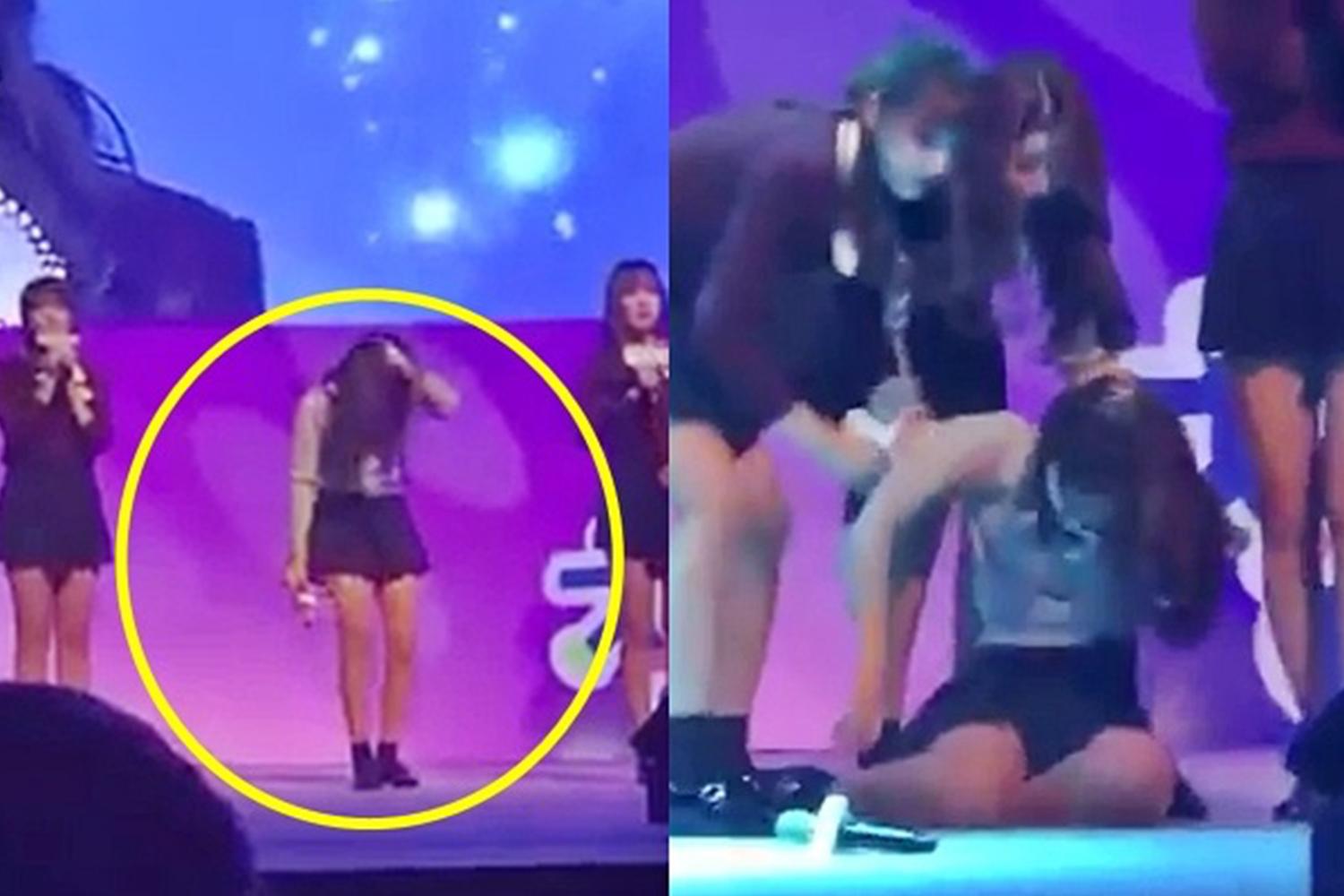
For example, when preparing for a new album, artists will push their bodies to the limit with intense practicing and a packed schedule. But if the public reception is not what they expected, they start doubting themselves, which can lead to mental unstability.
Even so, idols live on their popularity and public image. Should their new album be a failure, they still have to put on a smile and look their best while promoting their songs, appearing in TV shows and commercials.
 Teenage idols: Jang Won-young (IZ*ONE), Nam Do-hyon (X1) and Chaeyeon (Busters)
Teenage idols: Jang Won-young (IZ*ONE), Nam Do-hyon (X1) and Chaeyeon (Busters)
Agencies are known to use a sort of camp system in order to completely control their idols. By doing so, they violate the privacy of each individual.
For idols growing up in such an environment, having a normal school life is not on the table.
In fact, idols often live under the management of an agency since middle or high school. They don't get to spend much time at school, won't go on class trips, and make few friends their own age.
Instead, they grow ever more dependent on their agency. If they don't find success after their debut, it can be devastating.
Some may grown up to find success and spotlight, but we don't get to see the dark, harsh and realistic aspects of idols' lives.
Is it possible to foster new generations of idols without infringing on their human and educational rights? We believe that efforts to solve the current problems will be needed in the future.
Causes Of Mental Health Issues
There are a number of reasons why idols may suffer from mental health problems. Through interviews and articles, we have found five of the major causes.
1. Increased Sexualization
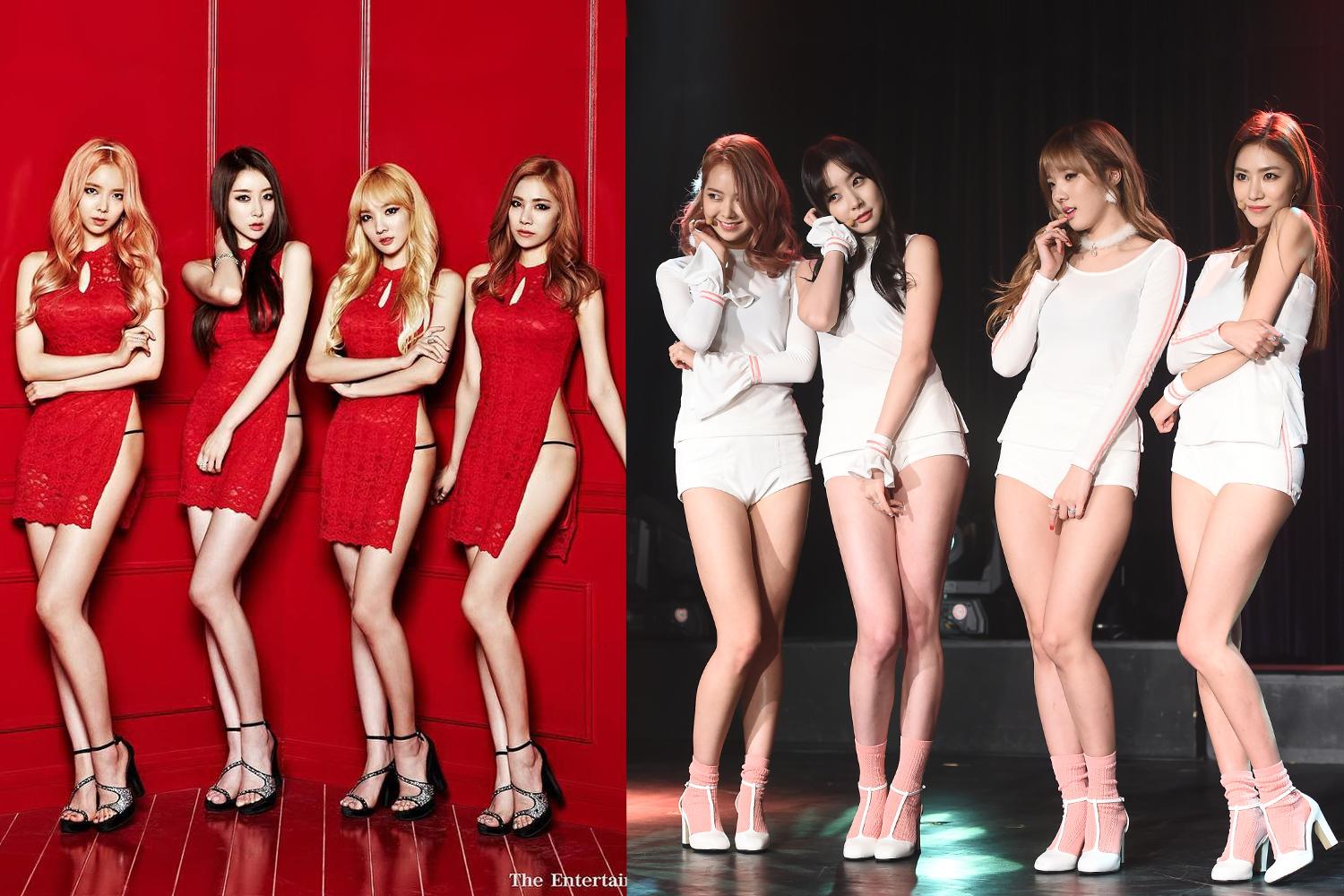
Miss Back is a Korean TV show in which girl idols whose careers have plateaued get a second chance to gain fame and success. When former Stellar member Kim Ga-young appeared on the show, the increased sexualization of K-pop idols was brought into focus.
When the girl group Stellar made their debut in 2011, Ga-young's concept was that of a pure and innocent girl. But the public reception wasn't what they had hoped for, and her agency changed the concept to a more daring and provoking one. Increased body exposure was one of the key components.
On the TV show, Ga-young reminisced about the past, remembering that she was happy that their popularity increased after the changes, and that the group ended up dressing more and more provocatively.
But there were side effects to the increased sexualization. Since they always appeared on stage in bold and sexy outfits, onlookers would find angles to take malicious pictures of them. Furthermore, the group members were victims of sexual harassment and nasty comments on the Internet.
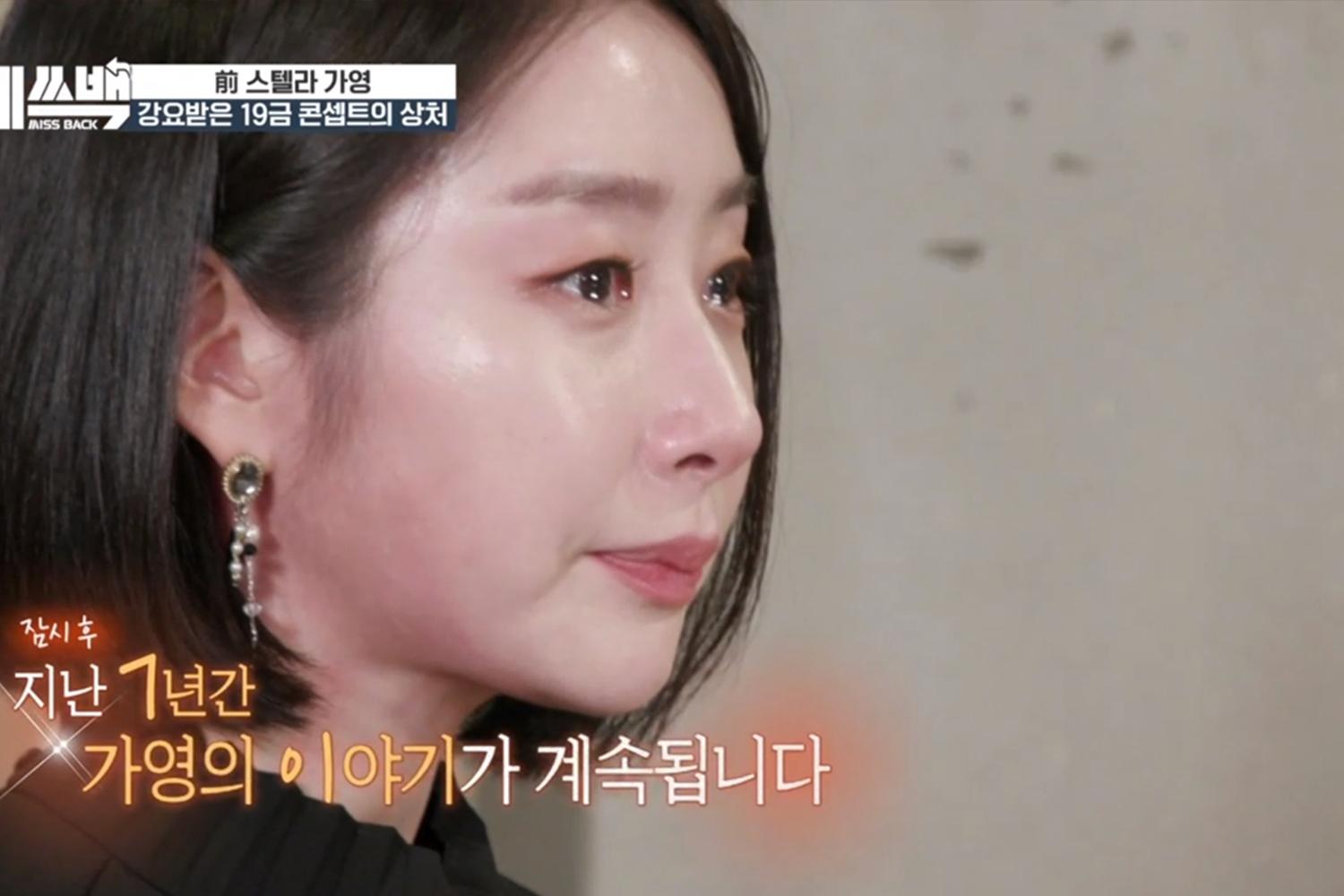
Ga-young revealed that the experience traumatized her, and as a result she only wears long-sleeved clothes, even in the middle of the summer. She also said that people still send her nude pictures along with suggestive offers.
A major problem with the sexualization of K-pop is that it can lead to idols being victims of sexual harassment, which cause real trauma for some. It's very troubling that idols suffer from mental illness as a result of agencies and media pushing them to become ever more sexualized.
2. Hate Comments
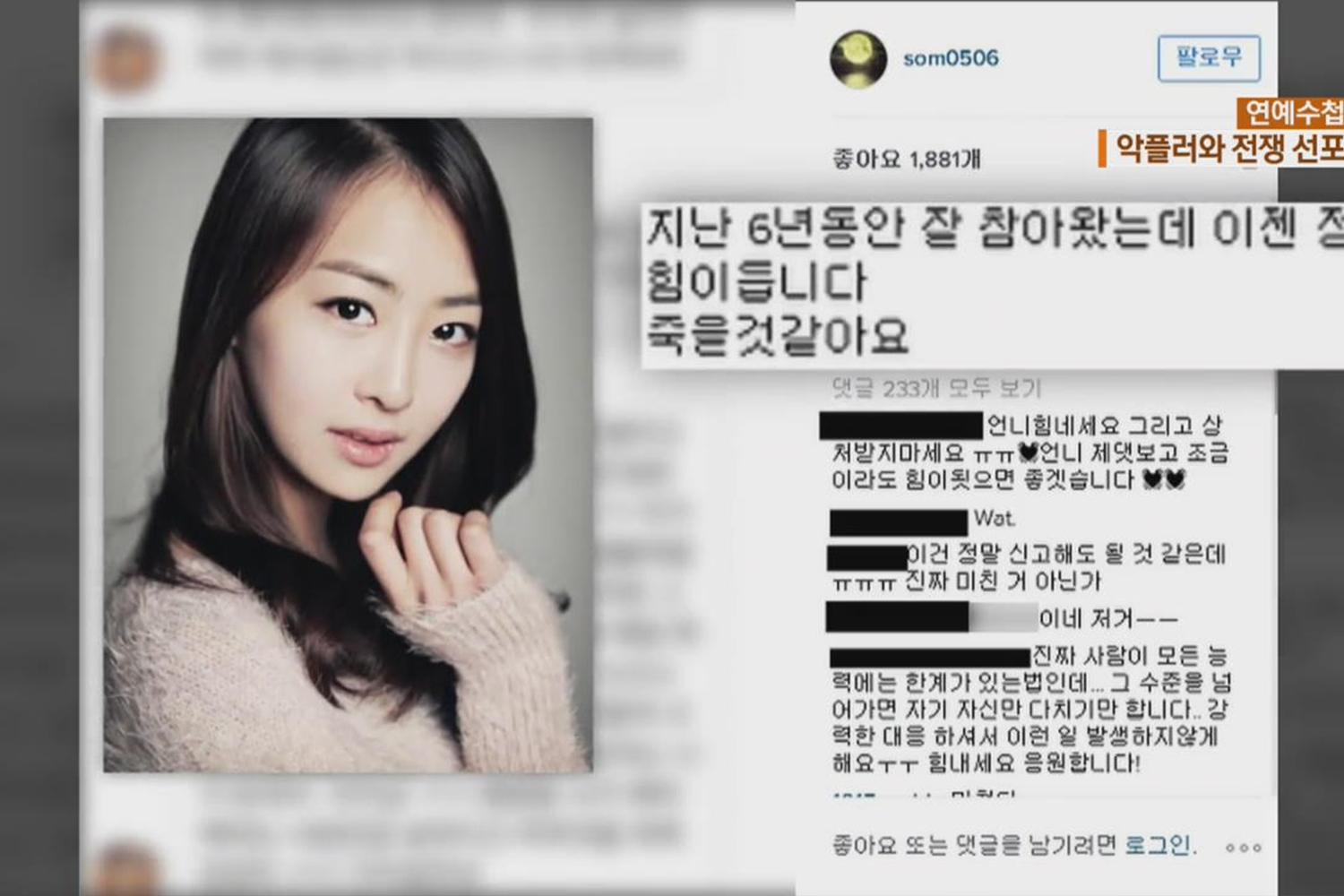 Dasom from Sistar: "I have been holding back these past 6 years, but it's hard to hold back any longer. I feel like I'm going to die."
Dasom from Sistar: "I have been holding back these past 6 years, but it's hard to hold back any longer. I feel like I'm going to die."
Hate comments on the Internet have been highlighted as a social problem in South Korea for some time now. Several K-pop idols and other Korean celebrities have taken their lives after being tormented online.
With perpetrators hiding behind online anonymity, there are more and more hate comments that target not only the artists, but also their families and friends. It has become such an issue that the major Korean web portals Naver and Daum chose to close the comment section for articles related to celebrities.
But when the comment section for articles disappeared, hate comments started showing up in other places. Specifically, artists' social media platforms have been flooded with mean spirited comments.
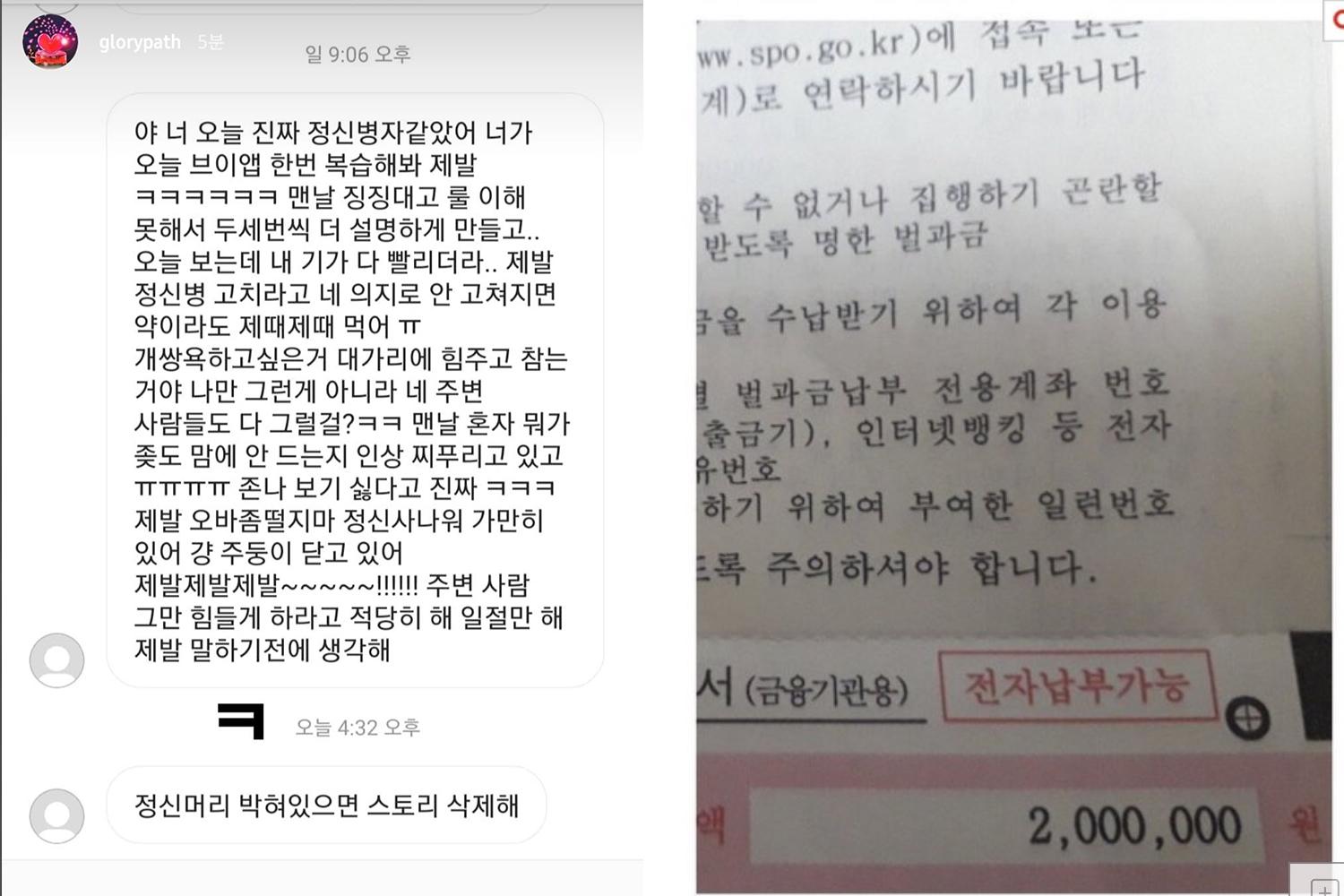 Hate comments targeting Ren from NU'EST / The author of hate mails pays a fine of 2 million won
Hate comments targeting Ren from NU'EST / The author of hate mails pays a fine of 2 million won
Compared to before, when fan letters were the main means of contacting celebrities, it's much easier today with Internet and social media. Both kind and mean spirited words are only a click away from celebrities' social accounts.
These days it seems like hate comments with vulgar language are found everywhere.
Hate comments filling the social media of celebrities whenever there's a story of them in the press has almost become a natural law. It doesn't matter if the reporting is true or not. We can only imagine the fear and psychological stress this must put on the celebrities that are targeted.
Agencies used to refrain from taking action because of their stars being public figures, but now many have started to take legal action against online abuse.
However, whatever punishment might come out of such legal action will still be little compared to the damage that their hate comments can cause.
3. Emptiness And Loneliness

On his Youtube channel, former MBLAQ member Mir shared his experience of idols' mental health problems.
Mentioning depressions and panic disorders, he cited a feeling of emptiness and loneliness as the number one cause.
Not only Mir, but active artists like IU and G-Dragon have also talked about feeling empty and lost after their concerts have ended
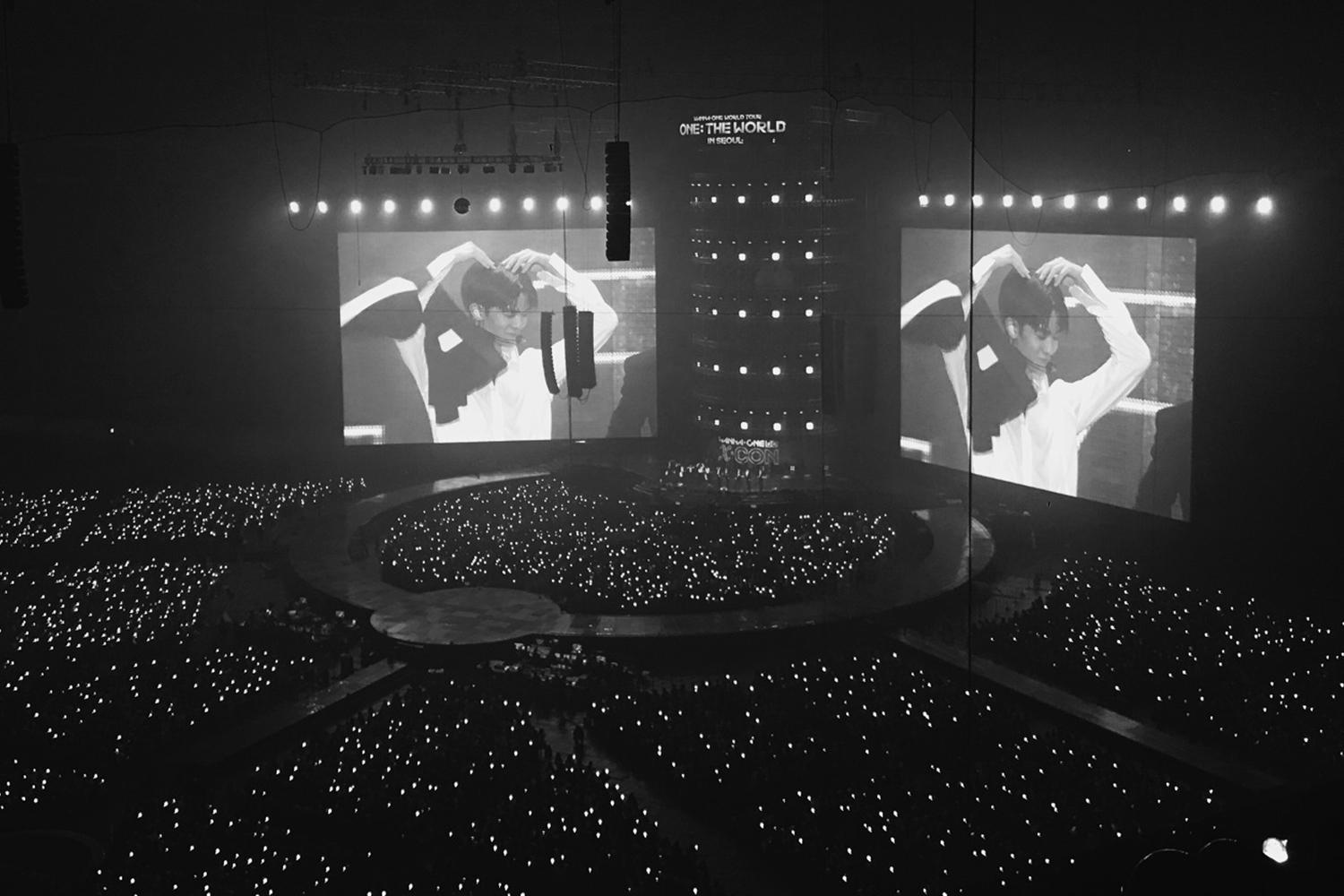
Returning to their backstage space after having performed on stage to the cheers of thousands of fans, artists say that the atmosphere can feel dark and heavy.
Of course, some idols groups will encourage and praise each other after they have finished a concert. But according to Mir, many just feel empty and out of place, and will be lost in their own thoughts or listen to music.
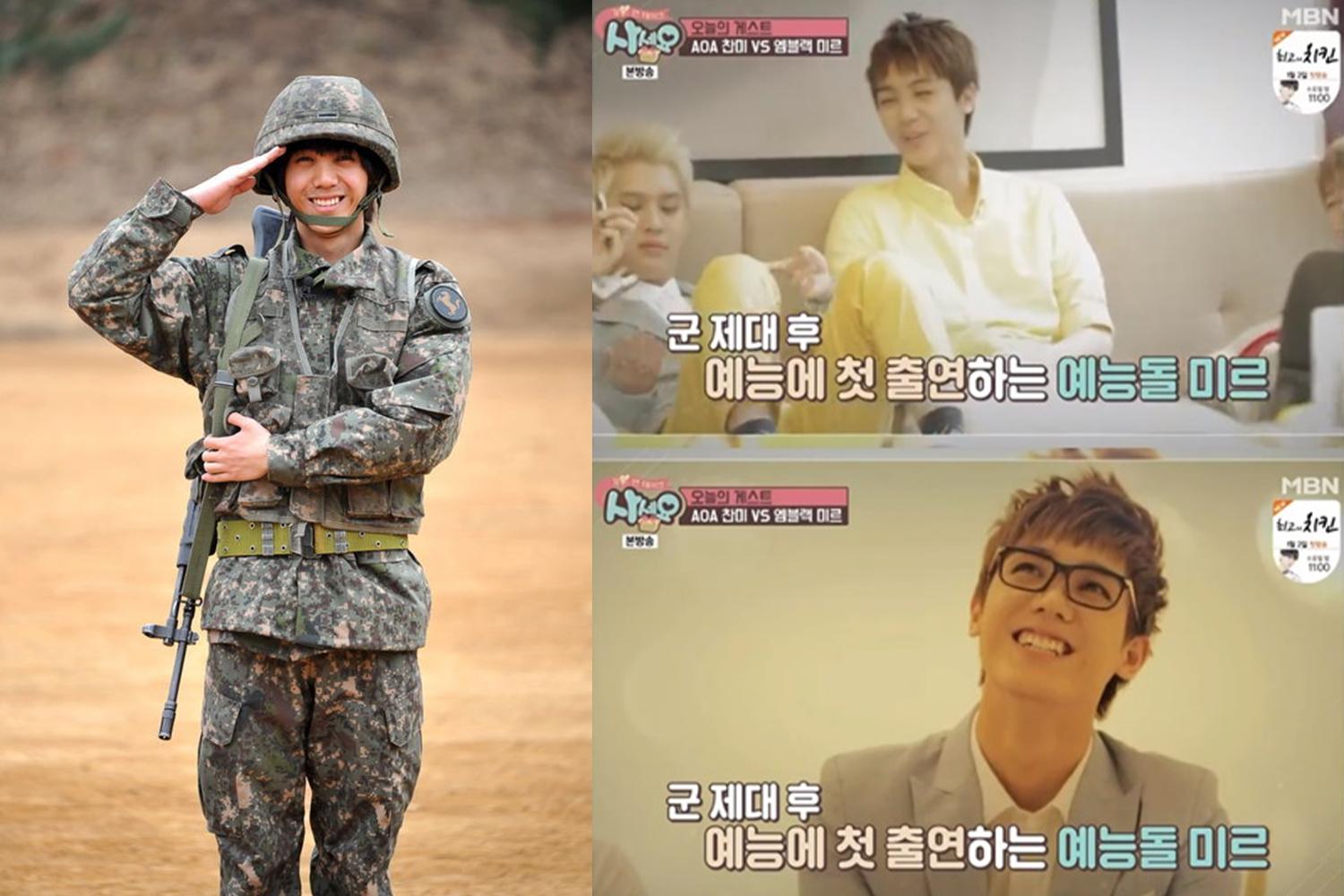
For some artists, there is a big gap between their public image and their real personality. This can aggravate their feeling of emptiness.
Mir, too, suffered from panic disorder, and for a period of two years he was unable to leave his home.
He revealed that one day when he saw himself on TV, he felt like he was watching a stranger. The version of himself that he saw on TV was much more pleasant and easy-going than the real him.
He said that he thought that people only liked the version of him that they could see on TV, not the real Mir. As a result, he started avoiding seeing people and would try to hide his real personality.
4. Bullying

Do you remember the AOA bullying incident that shocked so many people in July 2020?
Mina revealed that Jimin, the leader of the group, had been bullying her for 10 years.
Because of their busy schedule, Mina had to work despite her father just having passed away. When Mina started crying in the waiting room, Jimin dragged her to the wardrobe and told her to stop crying and that she was ruining the atmosphere.
The story shocked fans, and many turned their backs on Jimin.

This was not the only incident. The bullying had been going on for 10 years. As a result, Mina has suffered from depression, panic and anxiety disorder, and have even showed worrying signs of self-harm.
The bullying between members of AOA came to light first after 10 years. This fact has led many fans to worry whether this is a problem within other idol groups too.
Although the perpetrator may think of it as little more than a joke, for the people being targeted, bullying can leave lasting mental scars.
5. Invasion Of Privacy (Stalkers)
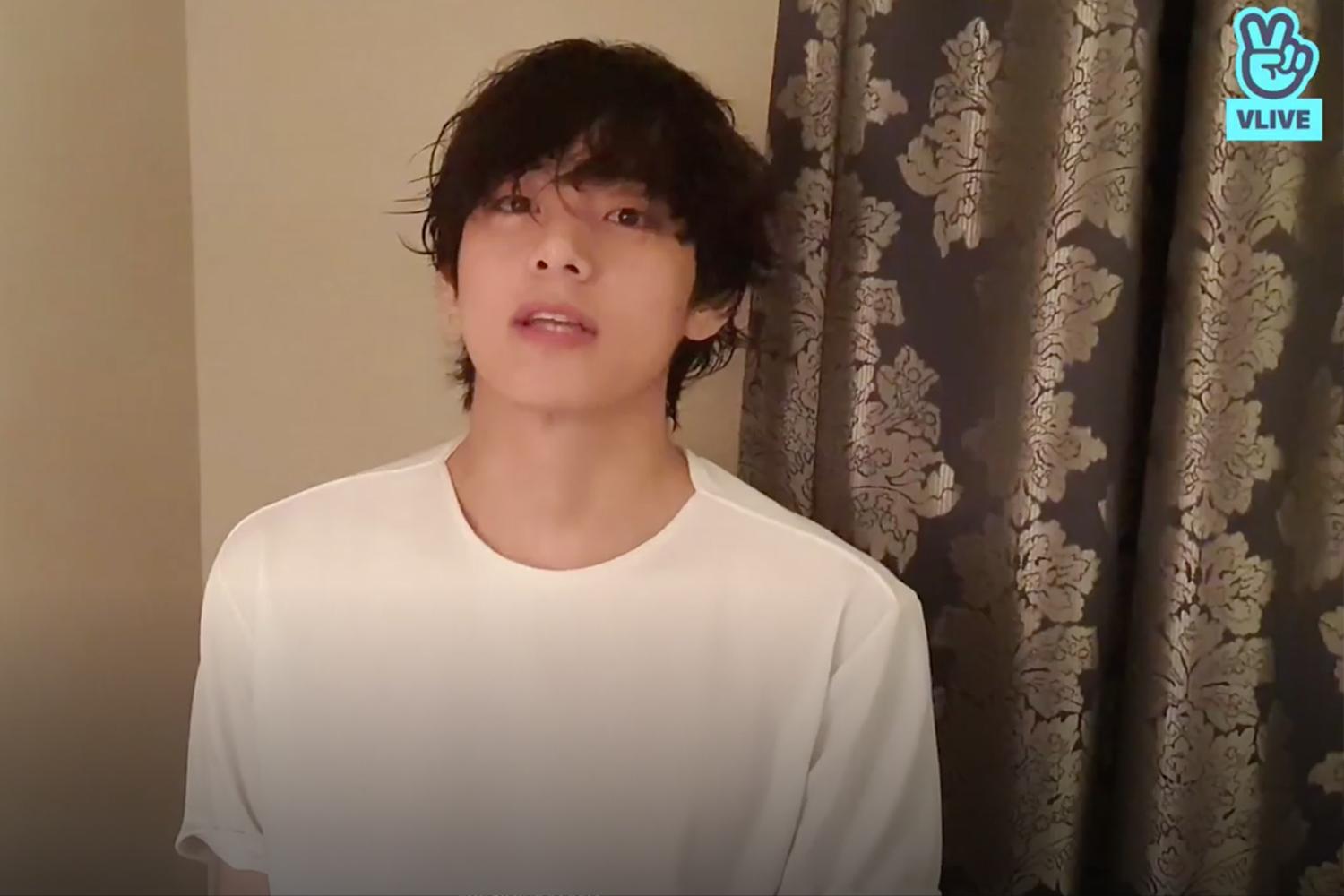 V from BTS in a message to fans, asking stalkers to stop their actions
V from BTS in a message to fans, asking stalkers to stop their actions
The invasion of the privacy is another cause of mental distress for Korean idols. Stalkers and so called sasaeng fans monitor and stalk the private lives of idols under the pretext of being their greatest fans.
This problem was again highlighted in May 2020, when a stalker incident caused a member of an idol group to quit her group.
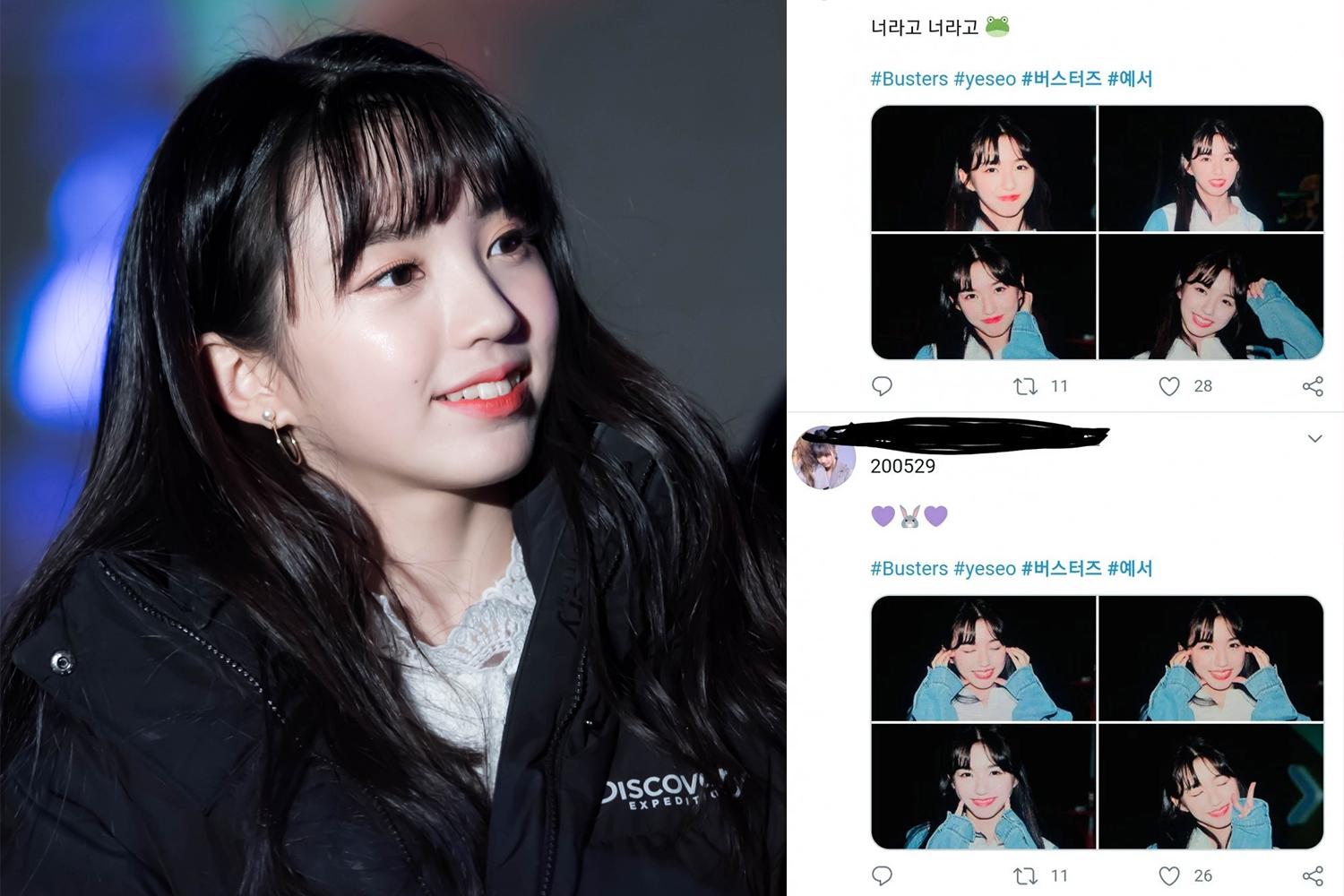
At the time, Yeseo from the group Busters was communication with fans via the app V Live from a café in her hometowm, Siheung in Gyeonggi-do. At 11 p.m., Yeseo finished the broadcast and headed home.
However, an infamous Busters sasaeng fan figured out from what café Yeseo had been streaming from and went to look for her.
Now past 11 p.m., the stalker followed the teenage girl idol into a dark alleyway, all the while taking pictures of her.
Yeseo explained her decision to quit the group in a message to fans, saying that she couldn’t deal with meeting people who were blindly in love with her. She didn’t even want to think of it.
Having heard what happened to Yeseo, many stressed that it would be strange if idols don’t develop depression, panic disorder or other mental illnesses. Many also urged the need for protecting the human rights of idols.
Idols Who Have Opened Up About Mental Health
In the past, both agencies and idols themselves would do their best to hide the fact that they were suffering from mental health problems. However, recently several idols have opened up about their struggles, trying to find ways of improving their situation.
Let's take a look at some of the issues that idols are struggling with, and what they are doing to overcome them.
Sunmi

In a recent entertainment program, Sunmi calmly spoke of her mental health, saying that the reason she left Wonder Girls was because of her suffering from Borderline Personality Disorder.
Borderline Personality Disorder refers to a personality disorder when a person’s emotions, behavior, and interpersonal relationships are very unstable. Sunmi said she was diagnosed about 5 years ago.
She said that around the time she left Wonder Girls, it was her psyche that was hurting, not her body.
Sunmi was still young when she made her debut, at an age when she should be developing own personality. But she said that she instead spent her youth as an idol, busy with practice and performances, and this became a cause of her later struggles.
However, receiving continuous treatment, Sunmi overcame it, and as a result she is now comfortable speaking about it.
We have a lot of respect for Sunmi who have the courage to open up about her hardships, revealing her true self.
Taeyeon
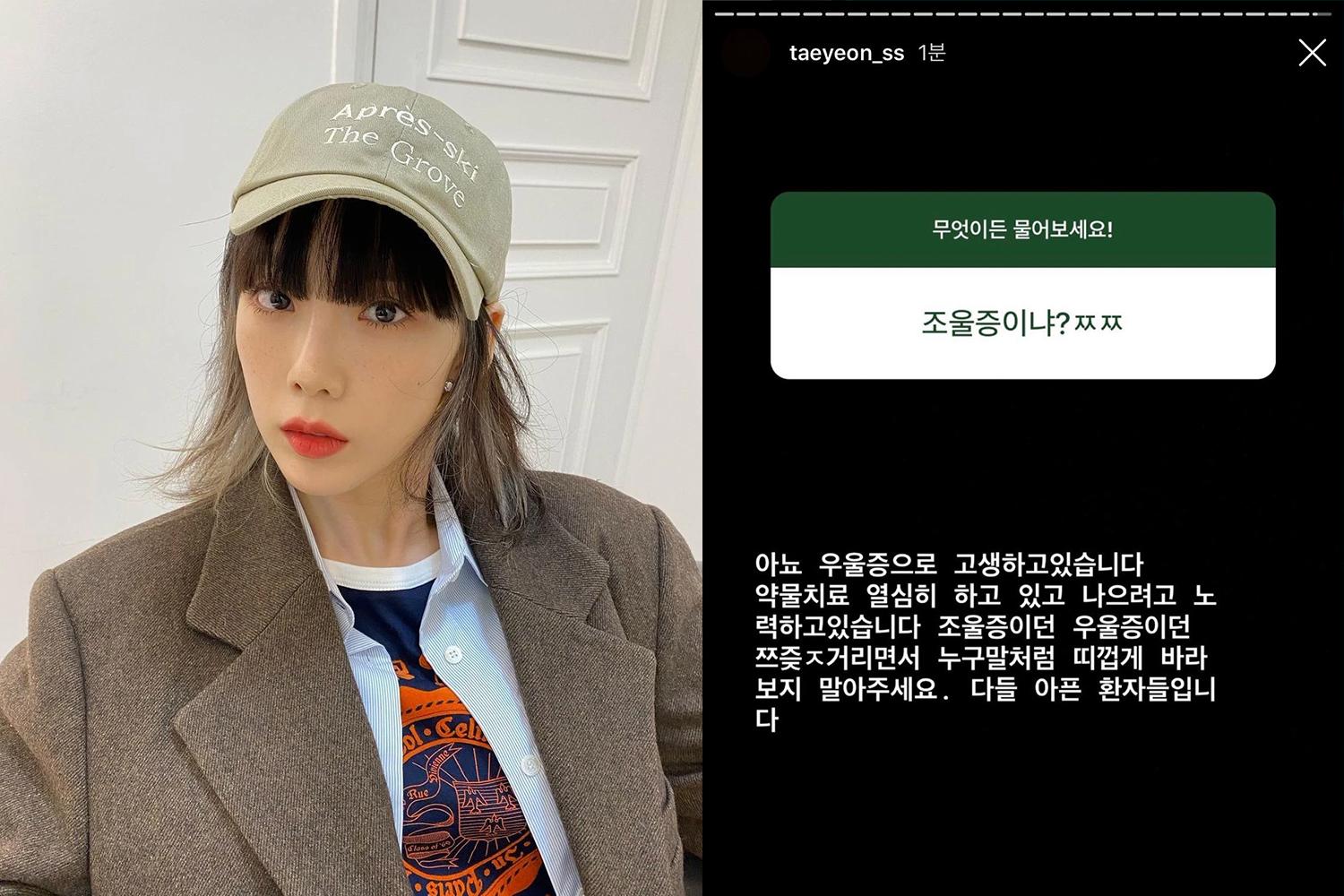
In 2019 Taeyeon let fans know of her history of depression through her Instagram Stories. Fans had been worried about her since she only rarely updated her social media accounts.
Taeyeon started off her story by saying, “I have been hurting a bit recently”.
Then she explained that she has received medication and that she will be alright. She said that she will fight to get better for her fans, and offered her support to fans who suffer from similar symptoms.
Fans of K-pop will be worried to hear that idols suffer from mental health problem because of their busy schedules.
Hyuna

In November 2020, singer Hyuna posted a long message on her social accounts, saying, "I want to tell you my story."
In her post, she calmly laid out that she had been diagnosed with panic disorder and depression in 2016. Later on, she started suffering from vasovagal syncope, a reaction that causes a loss of consciousness.
Before a vasovagal syncope reaction, it is common to feel dizzy and wanting to throw up.
Other symptoms Hyuna would experience included her going pale, cold sweating, and feeling exhausted.
Actions To Improve The Mental Health Of Idols
Not only have mental health been highlighted as a problem within the K-pop world after several artists opening up, we have also seen an increase of suicides caused by mental issues.
As a result, many have raised their concerns about the rights and health of idols.
Here we will look some actions taken by fans and agencies to improve the situation.
Fans Taking Action
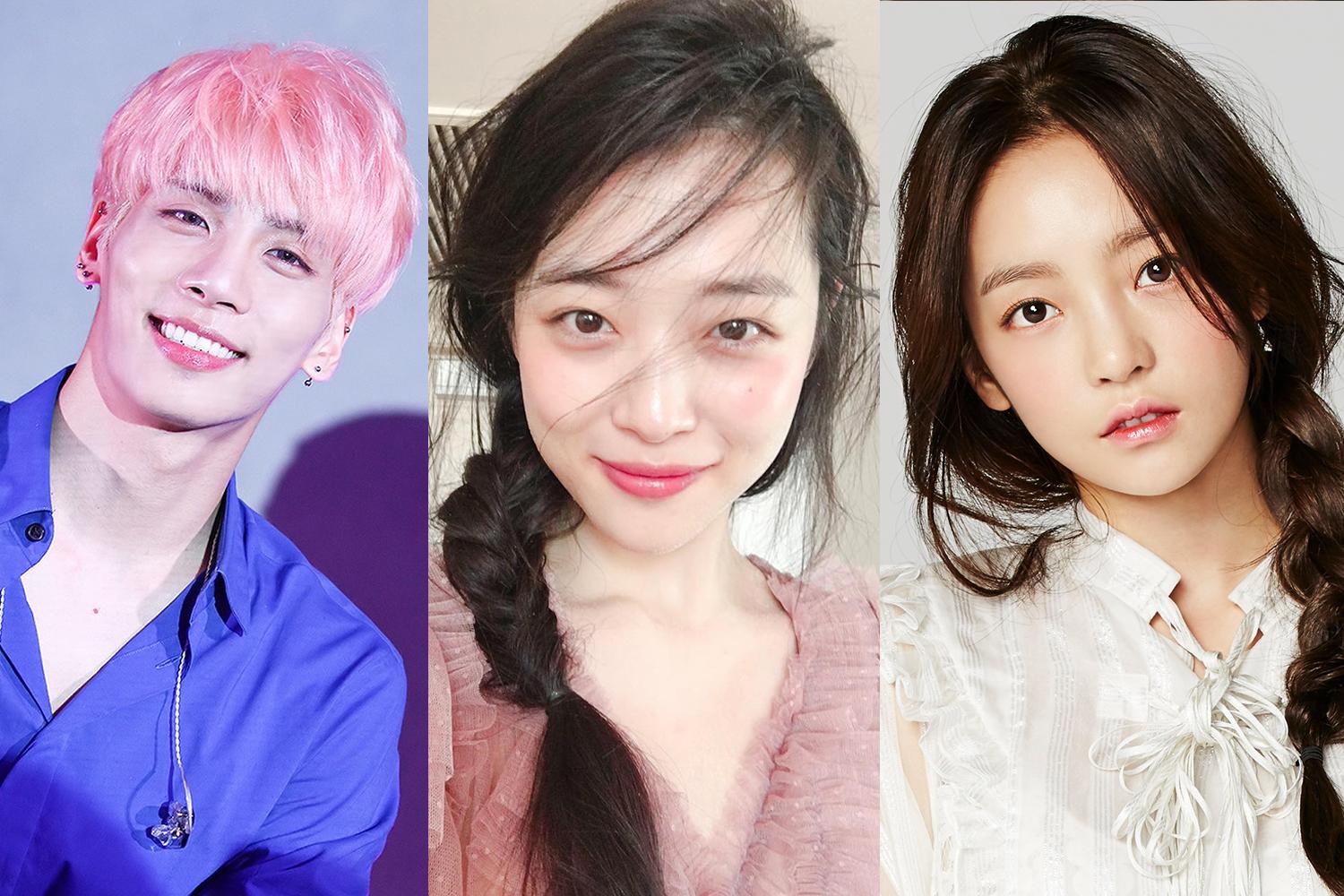
Of course, there are still sasaeng fans and stalkers out there who torment idols by following their every step. But the large majority of fans would never go that far.
Instead, modern idol fandom often helps idols in many ways. They can keep the larger fanbase updated on the whereabouts of idols who are on a break, so that fans don’t have to feel worried.
And if they believe that the schedules of idols are unreasonably busy, fan groups will contact the agency and demand better conditions.
At times, fan groups will publish statements to condemn agencies or collect signatures in order to help their idols.
 Fans of Mamamoo asking for postponement of concerts
Fans of Mamamoo asking for postponement of concerts
A well known example is from 2018, when fans of Mamamoo demanded that the agency RBW postpone concerts.
The fans argued that the schedule that the agency had put out was unreasonable. In just one year, the band was supposed to complete two albums, seven concerts, make their Japan debut, go to local events and even offer solo concerts.
In a statement, the fans demanded that concerts should be postponed, and that an activity plan should be set up that prioritizes the health of the artists.
After the fans’ fierce protests, Mamamoo's agency, RBW, eventually gave in and decided to postpone the concerts.
Like in the example above, instead of just waiting for new albums and concerts, K-Pop fans have started to actively trying to help and promote their idols.
Agencies Taking Action
Before 2010, not much was done to help the mental health issues idols may experience. But since then, several idol agencies have started providing mental care for their stars and trainees.
The most famous examples are Big Hit Entertainment and Cube Entertainment.
1. Big Hit Entertainment
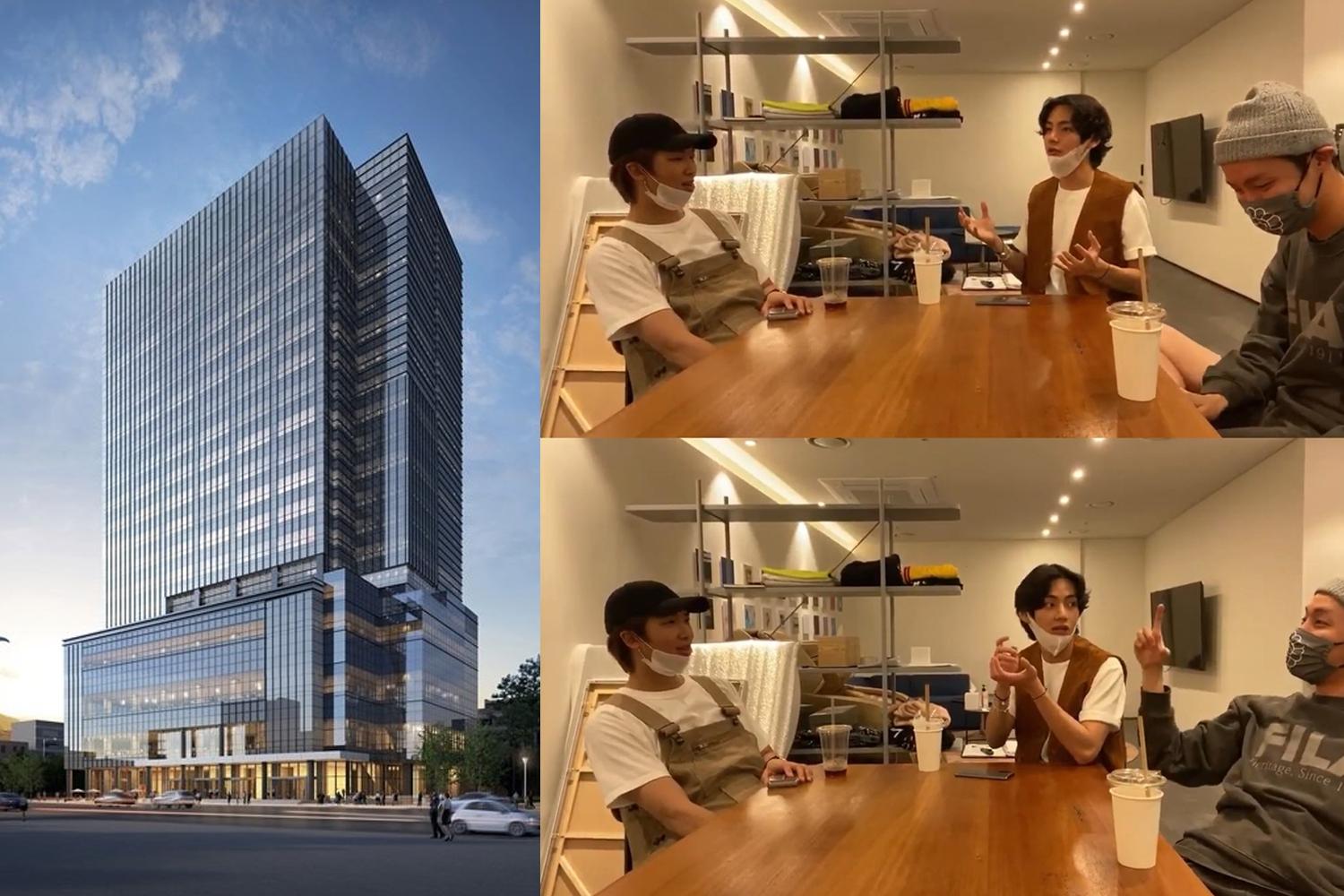
Big Hit Entertainment is the agency behind the global phenomenon BTS.
Despite their new status as global stars, BTS members are as devoted as always to their trade, and they maintain a close and humble relationship to their fandom, also known as ARMY.
One factor to BTS’ popularity is the members’ personalities and the way they take care of themselves.
The agency is said to have played a big role in the members’ personality development and self-management.
Big Hit Entertainment formed a team to help manage the overall conditions of their artists. This includes mental health of both trainees who are anxious about their future, as well as artists who have already made their debuts.
2. Cube Entertainment

Cube Entertainment is the agency behind idol groups such as CLC and Pentagon.
Just like vocal and dance classes, mental care is also part of the curriculum, and the agency is said to pay attention to the mental health of their trainees.
Regular phycology consultation helps the trainees not to bottle up their emotions, and this mental coaching is said to be a great help for the trainees’ long-term mental health.
In this article we looked at mental health issues that idols can suffer from, including depressions and panic disorders.
We learned that beneath the glamourous façade, many idols suffer from various mental issues.
Just like the rest of us, idols are people and part of the working force. In the future, we would like to continue exploring what is done to solve some of the problems within the cultural industry, not only on an agency and fandom level, but also efforts by government.




